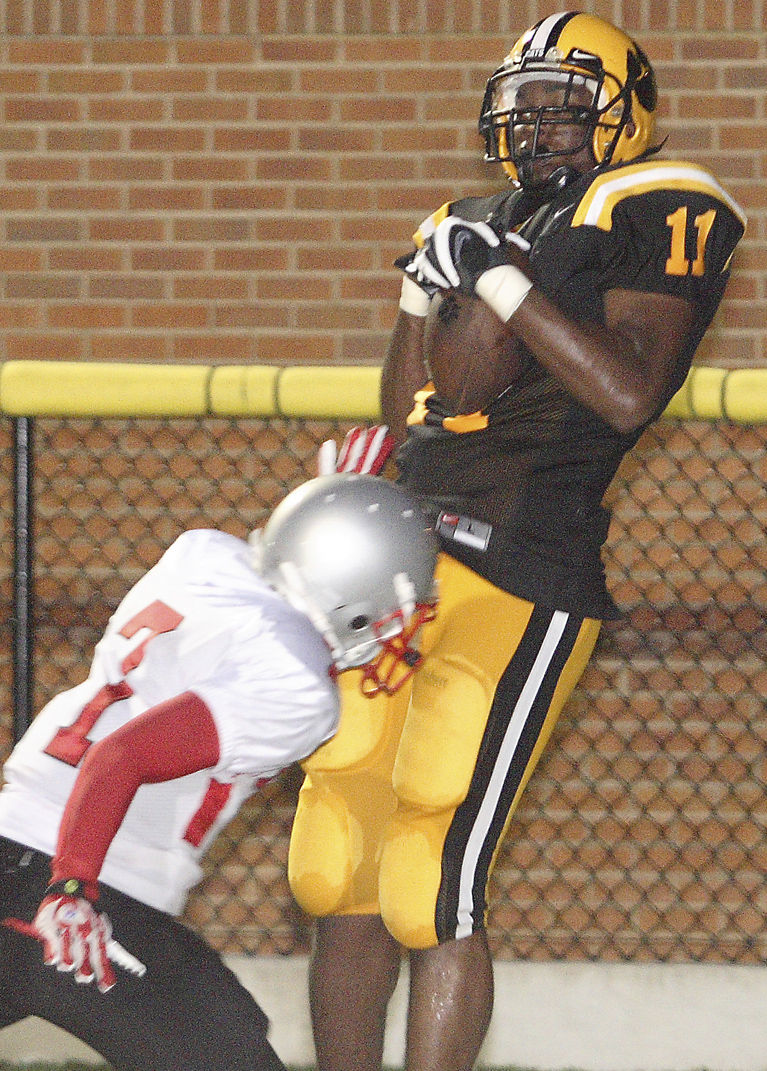COVID-19 concerns prompt NCAA to ban in-person recruiting through April 15
Published 7:52 pm Saturday, March 14, 2020

- Julian Alexander | The Red & BlackGeorgia head coach Kirby Smart yells from the sideline. The Georgia Bulldogs battled through the weather and defeated the Kentucky Wildcats 21-0 on Saturday, Oct. 19, 2019 in Athens, Georgia.
In response to the cascading concerns about COVID-19, the NCAA has banned coaches from all in-person recruiting and called for the suspension of any official or unofficial school visits until at least April 15, according to a statement by the NCAA’s Division 1 Council Coordination Committee published on Friday.
The “dead period,” as it was described in a series of three Twitter statements, seeks to prevent any contact that could spread the illness but does not completely end communication between coaches and recruits.
Trending
According to the statement, “telephone calls and written correspondence will be allowed” over the next month until the Coordination Committee reevaluates the threat posed by the coronavirus pandemic.
Division 1 football recruiting currently lies in a quiet period, which already restricts visitation to on-campus meetings and tours. April 15 marks the end of the quiet period and the scheduled transition to an evaluation period, in which football staff are given the opportunity to travel and assess the academic and athletic abilities of prospective athletes.
Printed with permission from The Red & Black independent student media organization based in Athens, Georgia; redandblack.com/sports
Given Friday’s contact ban, the quiet period has become silent. No recruits will make their way to Athens to meet with head coach Kirby Smart or his staff. Should conditions surrounding COVID-19 deteriorate further, it will be difficult — if not impossible — for the evaluation period to run as scheduled.
Smart’s 2020 recruiting class ranked first in the nation according to the 247Sports Composite, which was his second such accomplishment in three years.
While phone calls, text messages, emails and letters remain on the table, it will be more difficult than in past years for recruits to get a feel for Athens and have productive face-to-face contact before evaluation by coaches, which could be limited after the April 15 deadline.
Trending
While nearly 75% of recruits in his 2016 class were from Georgia high schools, 68% of this year’s group come from out-of-state. The spread-out nature of Smart’s 2020 class only exaggerates the absence of personal contact.
As the ban applies to all Division 1 schools, Georgia will face the same challenges as its recruitment rivals like Alabama, which also has a significant portion of recruits come from outside its home state.





